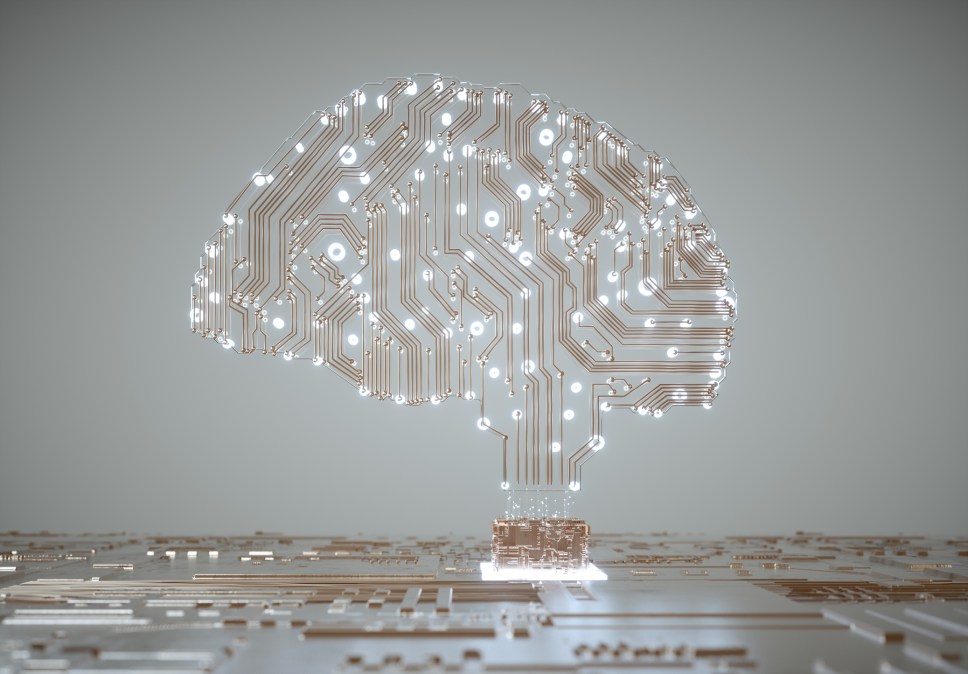Report finds few faculty, admin feel their institutions are ready for AI

Though a majority of higher education faculty and administrators believe that generative artificial intelligence will have a major impact on their institutions in the near future, only one in five report belief that their institutions are prepared for this change, a new higher education trend report from Deloitte found.
The report, released Friday, anticipates that AI technology will have particularly notable impacts on three areas: curriculum, instruction and business operations. The report highlights the importance of effective governance to ensure data integrity, monitor risks and to guide AI development and deployment on campus.
“We are on the brink of a new era defined by the augmentation of human intelligence with generative AI,” the report reads. “Higher education is uniquely suited to serve at this moment by helping to envision a future in which society trusts humans and machines to work together while leveraging the promise of generative AI to make education more accessible and affordable for all.”
The report found that administrators and faculty at two-year institutions were less likely to agree that their colleges were prepared for AI-related changes when compared to their counterparts at four-year campuses. Only 11% of administrators and 16% of faculty at two-year campuses indicated their institutions were prepared for the changes, compared to 23% of administrators and faculty at four-year colleges.
In an effort to improve higher education institutions’ readiness to embrace the change forged by AI, the report recommends training and learning experiences for all staff and faculty to build an understanding of the technology and how it is already being used.
“Careful and consistent attention here will be necessary to integrate AI into the campus culture, enhancing the learning experience, improving administrative efficiency and fostering innovation in a way that is inclusive and well-received,” the report reads.
The report highlights AI work underway at Arizona State University, Georgia State University and Carnegie Mellon University. ASU this year announced a partnership with OpenAI and GSU advancing research on how AI can be used to support high school students on their paths to continuing their educations. Carnegie Mellon University’s Eberly Center for Teaching Excellence and Educational Innovation is meanwhile embedding AI across its curriculum by working with instructors on course design and pedagogy.

